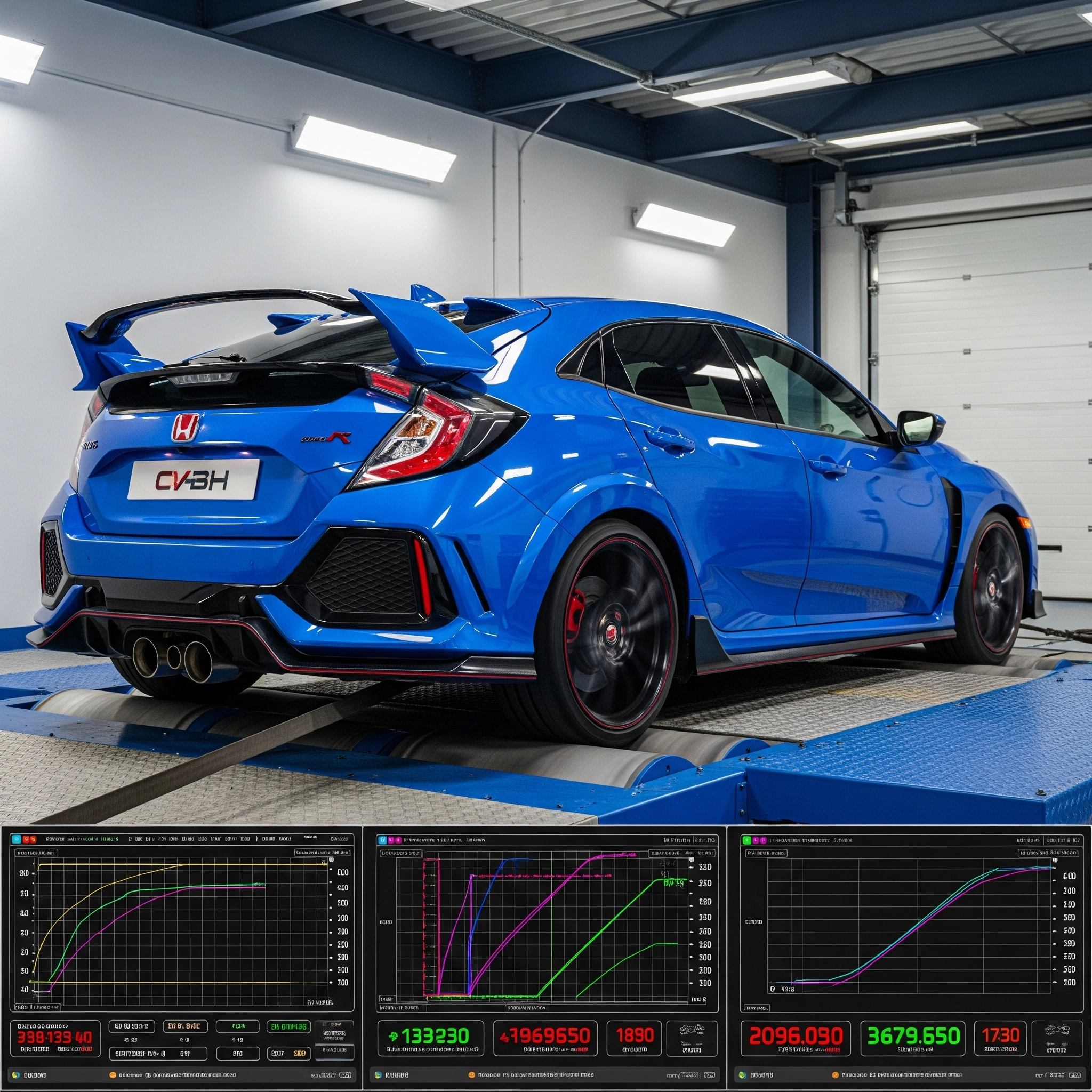Battery Testing – A Key Skill in the Master Automotive Technician Course
Why Battery Testing Is a Core Skill
In the automotive industry, battery issues are one of the most common reasons for vehicle breakdowns. As vehicles become more advanced, with complex electrical systems and start-stop technology, the need for accurate battery diagnostics is greater than ever.
In our Master Automotive Technician course at Reynlab, battery testing is taught as part of the Automotive Electrical Training Module. We use tools like the Vdiag BT300 Battery Tester not to sell products, but to equip students with real-world diagnostic skills they’ll use in workshops across India and beyond.
The Role of the Battery in Modern Vehicles
The battery is more than just a power source to start the engine — it supports:
Engine control systems (ECU)
Safety electronics (ABS, airbags, stability control)
Infotainment and comfort features
Sensors and auxiliary systems
A weak or faulty battery can cause electrical glitches, warning lights, and starting problems, leading to costly repairs if not diagnosed early.
What Students Learn in the Battery Testing Chapter
Our Electrical Module covers both theory and practical aspects of battery testing:
1. Understanding Battery Types
Lead-acid
AGM (Absorbent Glass Mat)
EFB (Enhanced Flooded Battery)
GEL batteries
2. Key Battery Performance Metrics
Voltage – Basic electrical potential measurement
Cold Cranking Amps (CCA) – Starting power in cold conditions
State of Health (SOH) – Battery’s overall life expectancy
State of Charge (SOC) – How full the battery is
3. Charging System Basics
Students learn how the alternator works and how to verify its charging output, ensuring the battery remains in peak condition.
Practical Training With the Vdiag BT300
While the theory builds the foundation, hands-on diagnostics are what prepare students for real workshop conditions.
The Vdiag BT300 Battery Tester is used in training sessions because it’s:
Accurate – Produces reliable readings for teaching analysis.
User-friendly – Helps students focus on understanding results, not struggling with equipment.
Versatile – Works with all major automotive battery types.
Step-by-Step Battery Testing in Class
In practical lessons, students perform:
Battery Test – Voltage, CCA, and SOH readings.
Cranking Test – Measures voltage drop during engine start.
Charging Test – Verifies alternator output and charging performance.
Instructors guide students through interpreting each reading and linking them to real-world fault scenarios.
From Training Bench to Real Workshop
The goal isn’t just “pressing buttons” — it’s developing diagnostic reasoning:
Low CCA but normal voltage? Possibly internal battery wear.
Significant voltage drop during cranking? Could indicate starter motor issues.
Low alternator output? May be wiring faults or a failing alternator.
By learning the “why” behind the numbers, our graduates can adapt to any battery tester they encounter in their careers.
Career Impact of Battery Diagnostic Skills
Workshops value technicians who can:
Diagnose accurately and quickly.
Explain results clearly to customers.
Recommend preventive action instead of just reactive repairs.
Our Master Automotive Technician course ensures students are workshop-ready from day one, confident in diagnosing battery and electrical issues.
Start Your Automotive Career With Reynlab
At Reynlab, our Master Automotive Technician course blends classroom theory, practical workshops, and real-world scenarios. The battery testing module is just one of many skills that make our graduates stand out.
📺 Watch a real battery testing demo here: Reynlab YouTube Channel
🌐 Explore our automotive training programs: www.reynlab.com/our-courses
Master Automotive Technician course, automotive electrical training, battery testing in India, Vdiag BT300 training, car electrical diagnostics, learn automotive repair, best automotive training in Chennai.


